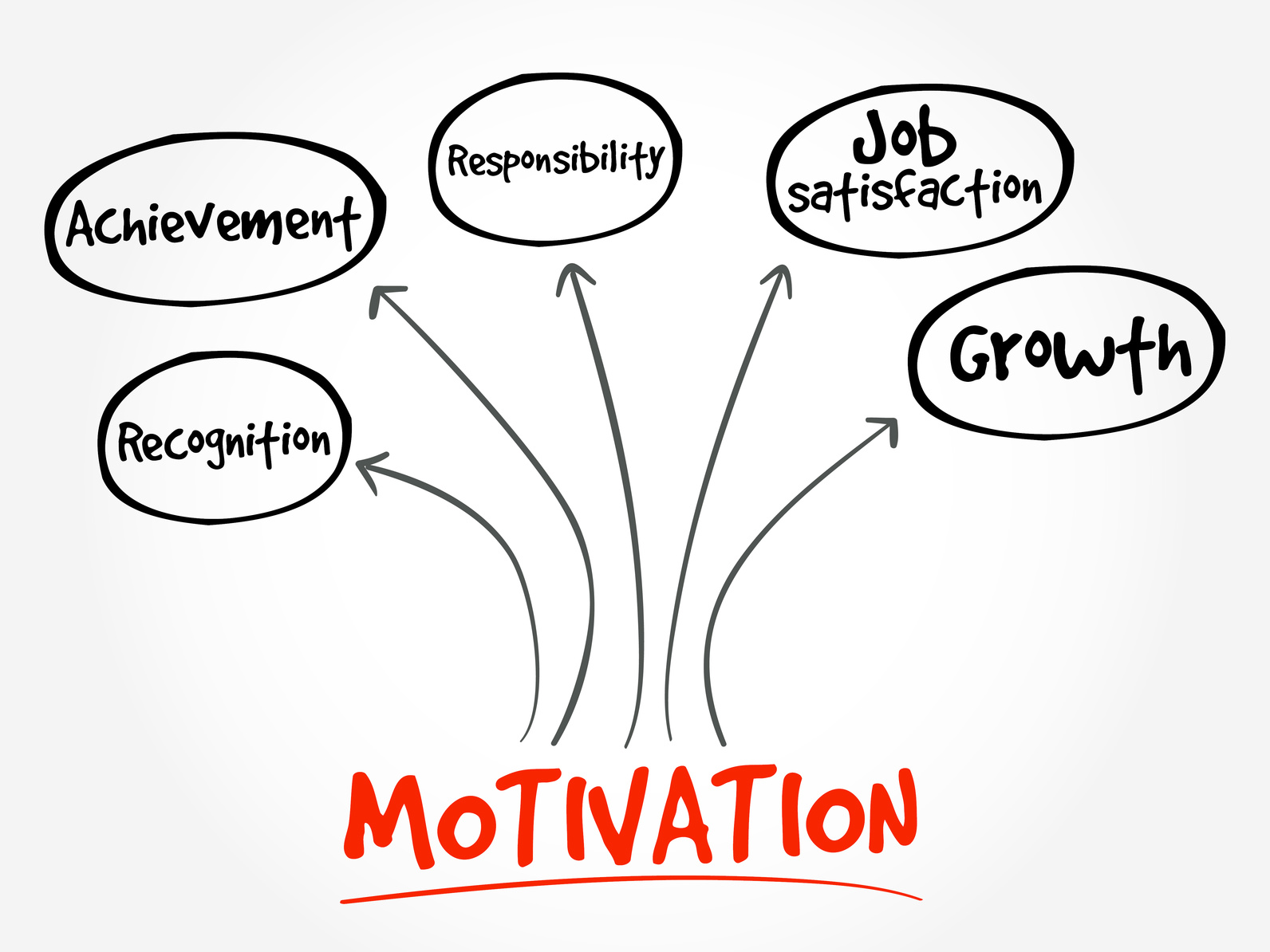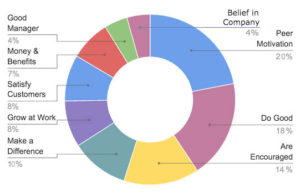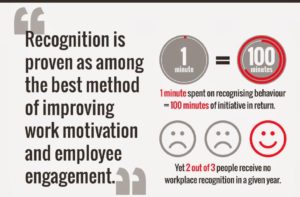
How to motivate your star employees and stop them from walking away?
Motivate your star employees from being active job seekers. Ways to motivate your star employees from straying away, looking for jobs.The best way to retain your star employees.

Every organisation has one or more star performers, and they are the greatest asset to the company. They are the can-do, self-driven, goal-oriented, ladder climbers of the bunch. Finding best-qualified candidates is not at all an easy task. When you finally succeed in hiring the right people for your firm, your job has not done.
You need to nurture and engage your star employees to stop them from leaving. As a manager, you should inspire them to keep on doing what they are so obviously good at doing.
However, highest-performing employees are notorious for being difficult to retain; they need a more tailored management approach to maintain their drive.
There are numerous tactics to motivate high performing employees. Below are five top ways to create an engaging workspace that allows your star employees to thrive.

Five highly useful tactics to motivate your star employees
- Encourage internal movement.
When you have a star performer, it’s natural to want to keep him or her in your department. It is totally logical—why would you want to recruit someone else, just so that the neighbouring department could steal your super-talented employee?
Unfortunately, the reality is that rising stars just want to rise in their career. If you want to keep the top talented employee in your firm, you need to provide a lot of opportunities for them to rotate and experience new types of work.
It doesn’t mean that you hardly have an internal posting system and allow people to apply for internal jobs. As an employer, you should clearly mention to your team that if they have an eye on another job, you will be supportive. Most often, managers feel betrayed when an employee wants to leave for a different department, but they shouldn’t. A manager should be proud of the training and developing a person enough to prepare him for a new job post—not to mention rewarded for providing the organisation with a high-impact employee.
- Find out what they value.
You may value a fat paycheck, but other people may value a flexible work schedule. The pinpoint is, just because you value a certain aspect of work doesn’t mean that your best performers value the same thing. Instead of assuming, ask them!
Everyone’s needs are different. The only thing you should analyse is whether your employee is completing the designated tasks well or not. If he is completing it on time, then let your star employee do what they want when they want it. Don’t push back because you strongly believe in the 9-to-5 schedule. Let them find out what works the best for them and what they value.
- Allow funding for employee development.
Even the best-talented employee need some help to move forward. Your top talent is no exception. Ensure your employees have the opportunity to take training classes, attend conferences or even receive executive coaching. Yes, all these things cost money. But do you know what costs you even more? It’s turnover.
When your top-performing employees are leaving because they can’t grow and develop in your firm, you pay a fortune to replace them. Hiring and training are terribly expensive, which is more than an annual conference or even a coach.
- Provide positive and negative feedback.
Your star employees need to feel appreciated and looked out for. Tell them when they are doing a good job and when they need a bit of improvement. People are often shocked with that last part. Who in the world wants to hear they aren’t perfect? Well, I’ll tell you: star performers who have ambition.
Why? Because they want to know about what they need to do to hit to the next step. So, speak up and tell your people when they are awesome and when they can do something better. Don’t be a horrible, nit-picky micromanager. But, if there is a talent they need to achieve before they can advance to the next level, bring it up now.
- Be an excellent manager.
You should always be an excellent manager, even if you have mediocre employees. When you’re an average manager, mediocre employees will stick around, and top talent will leave you in the dust.
It means you need to provide them with clear guidance and goals. You should be fair in your management and handle problems instantly. If there is any whiny slacker on your team, fire him soon. Honestly, your top performers won’t tolerate working with toxic co-workers. So, it’s crucial to get rid of bad employees if you want to keep the best employees.
If you’re not a great employer, then work on improving. Commit to your own development. Great people must manage great people, so get yourself up to your own standards as quickly as possible.





